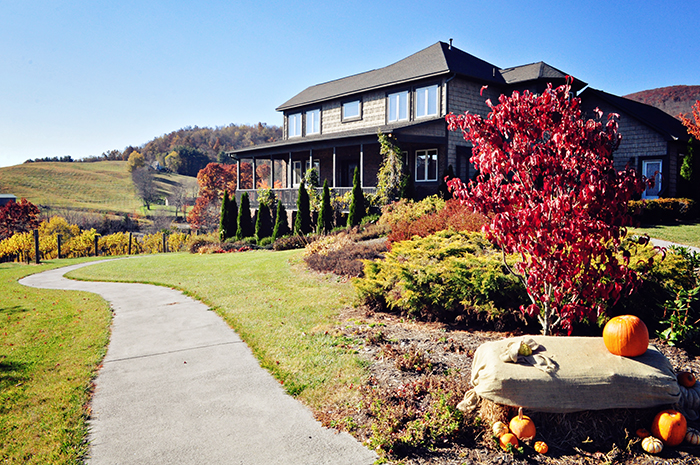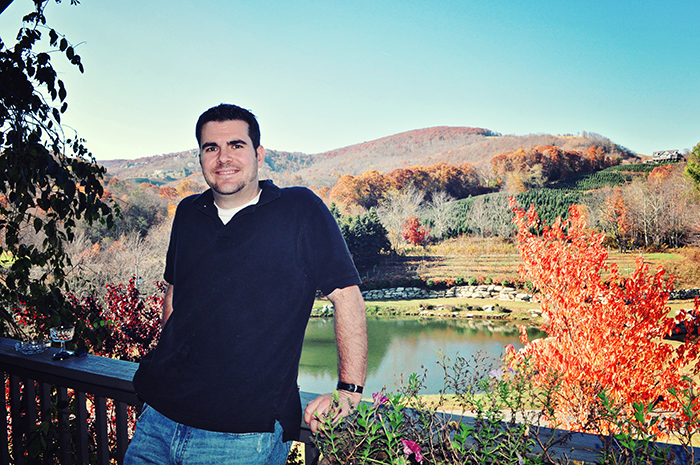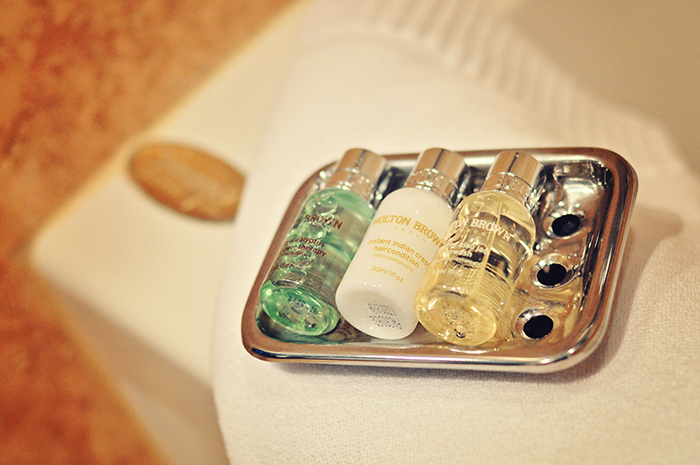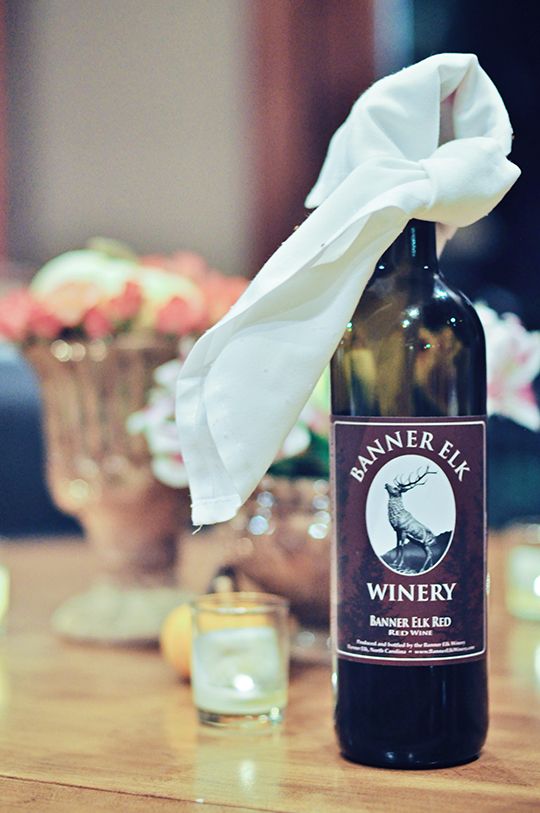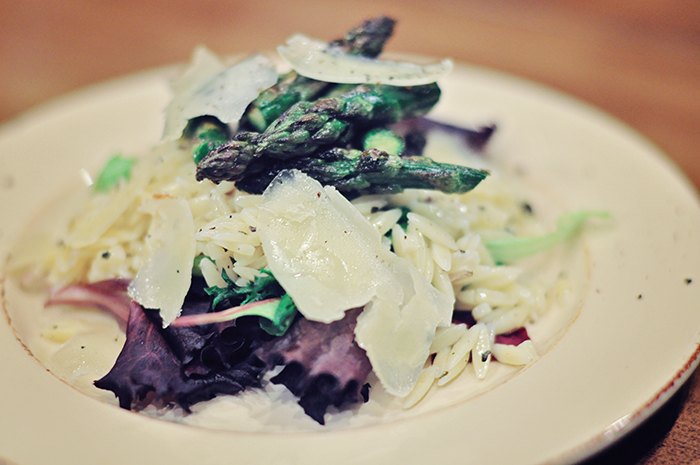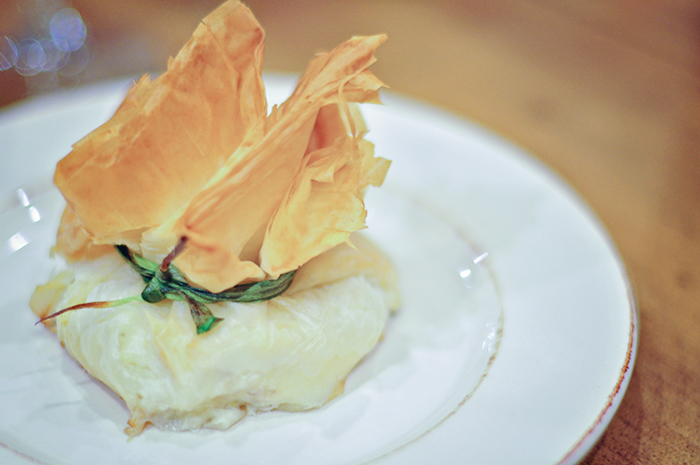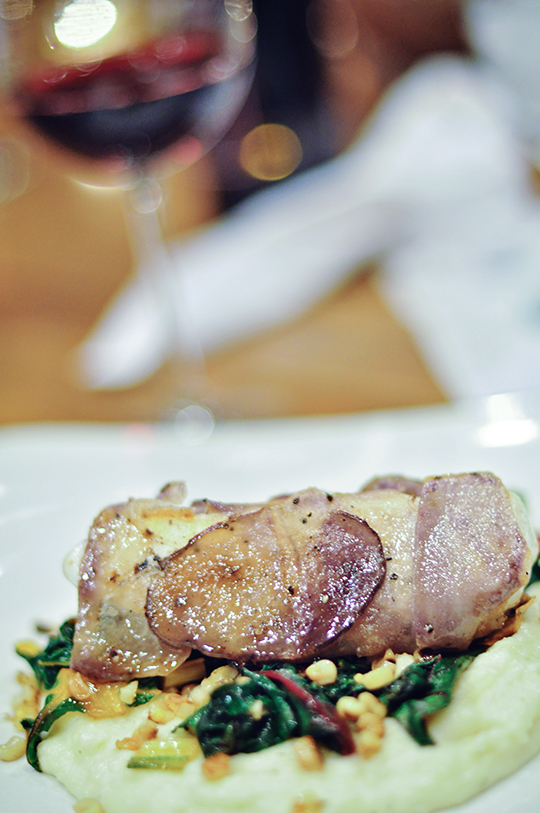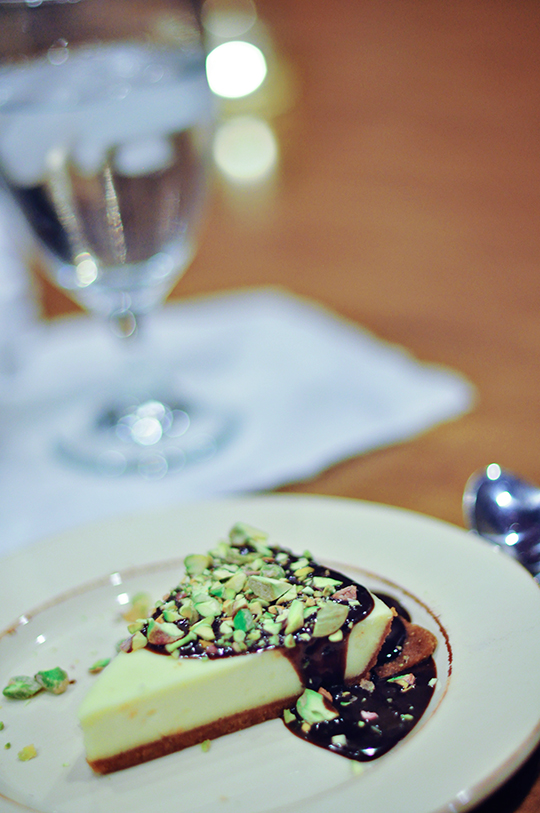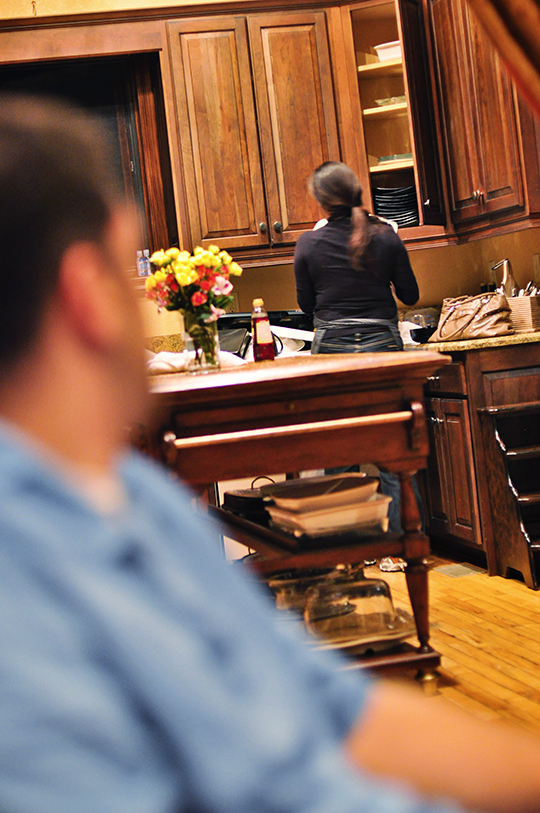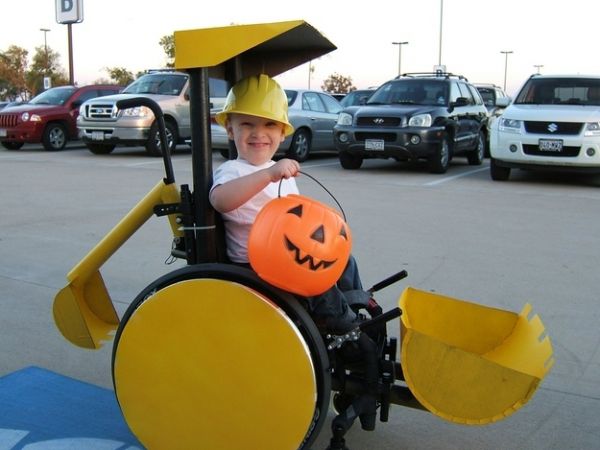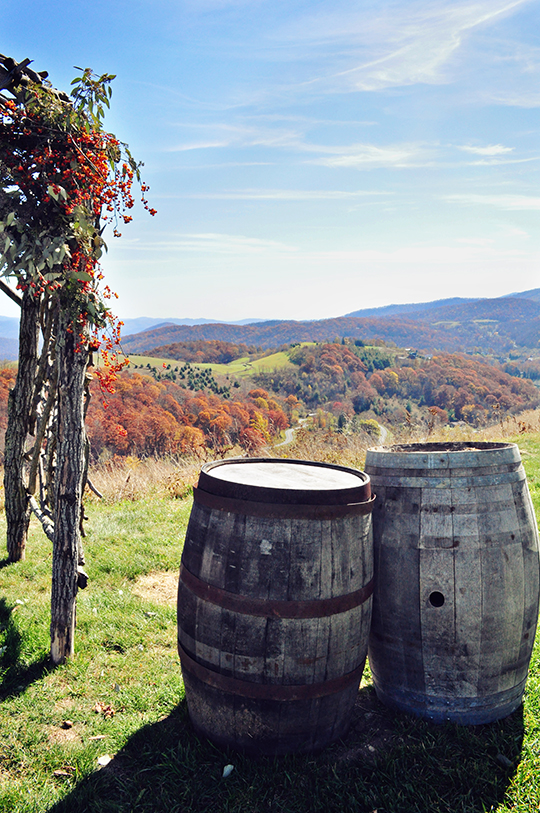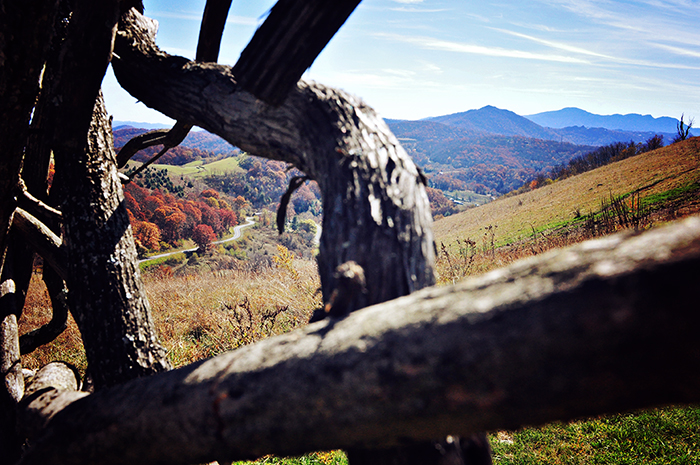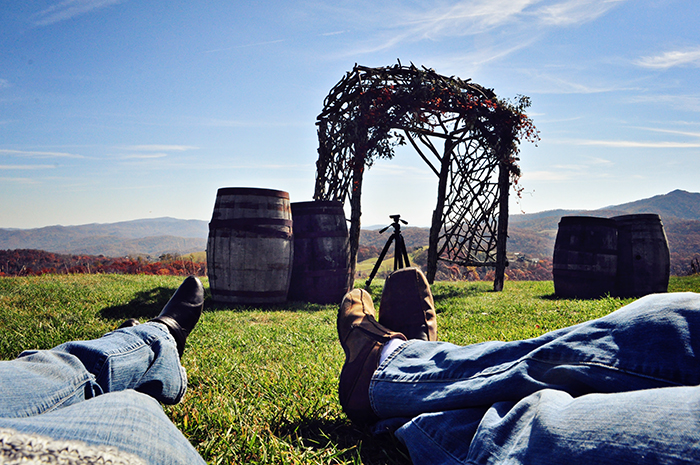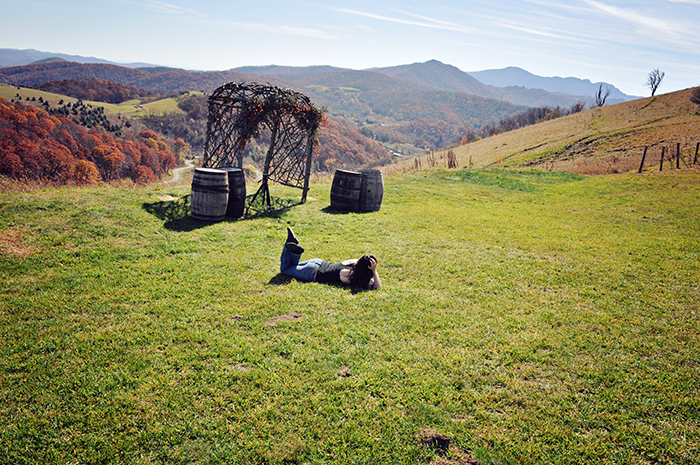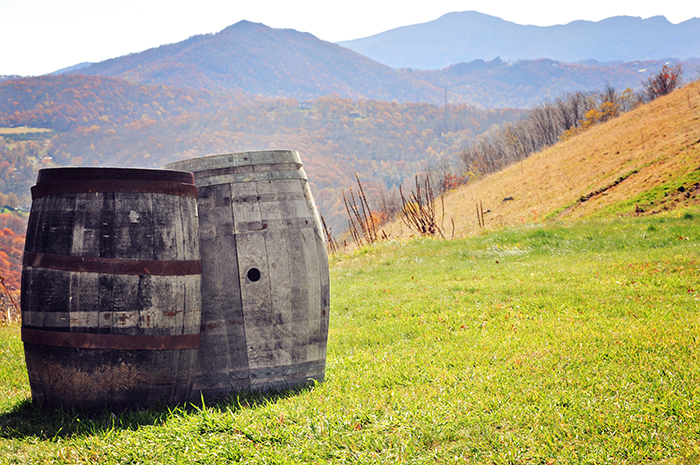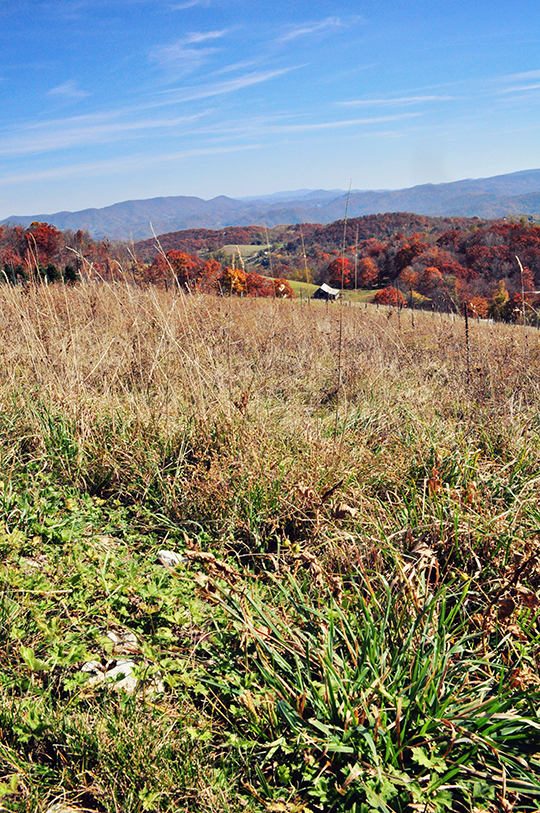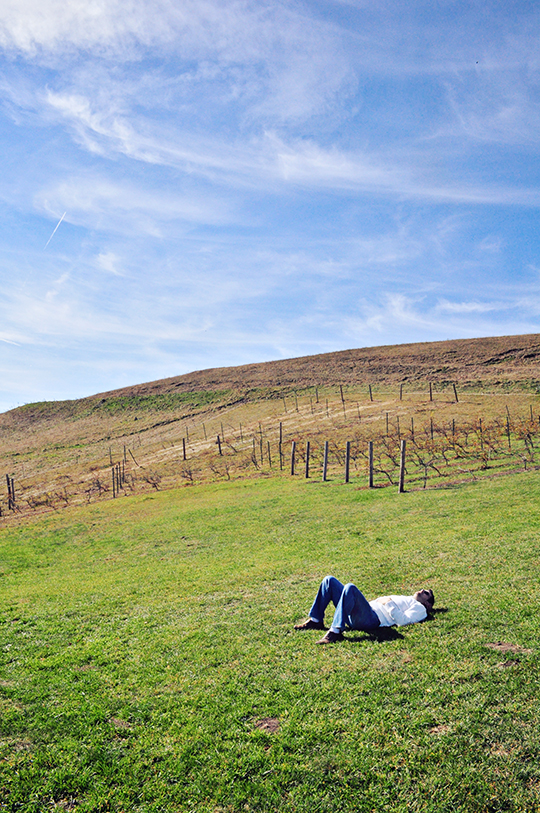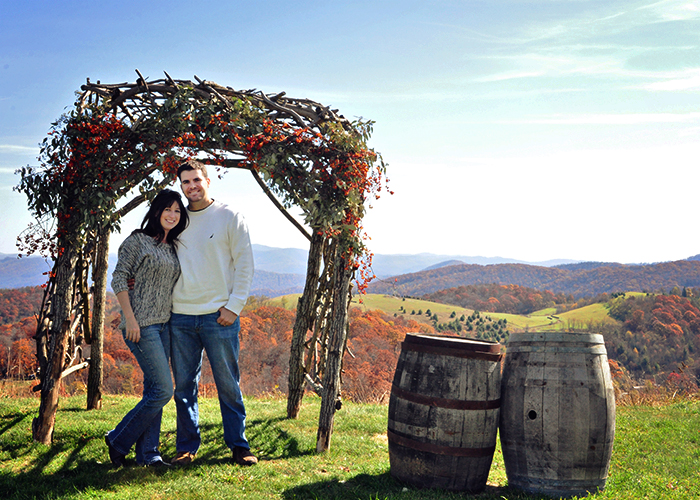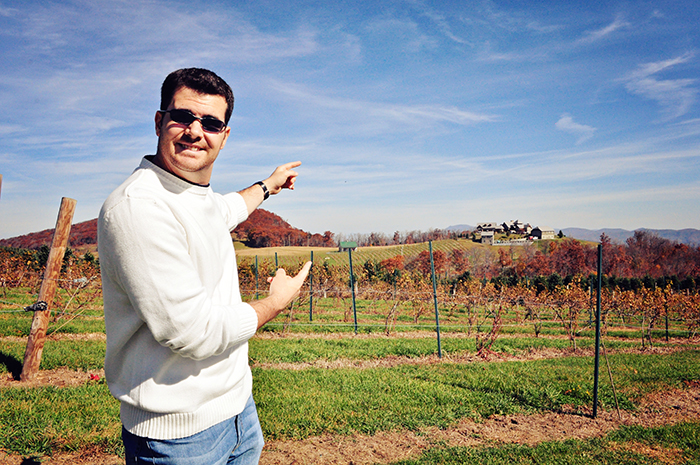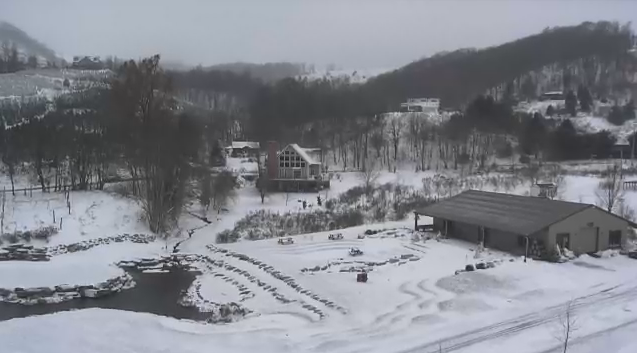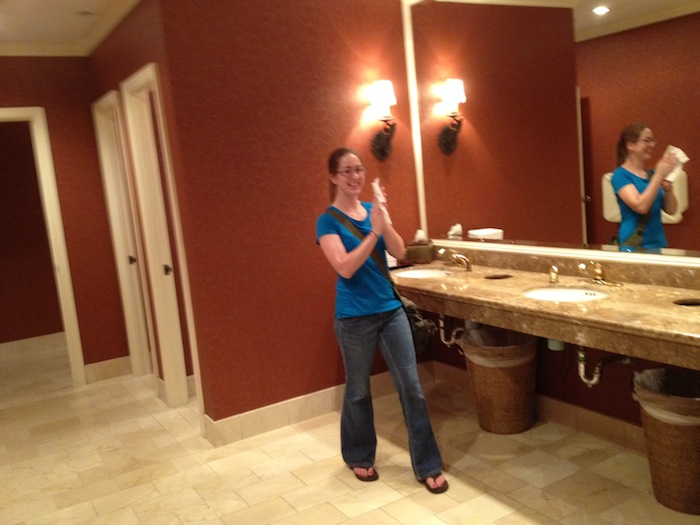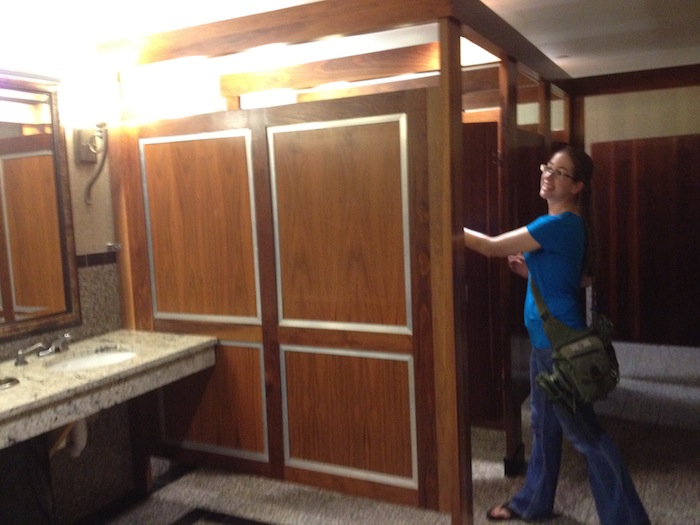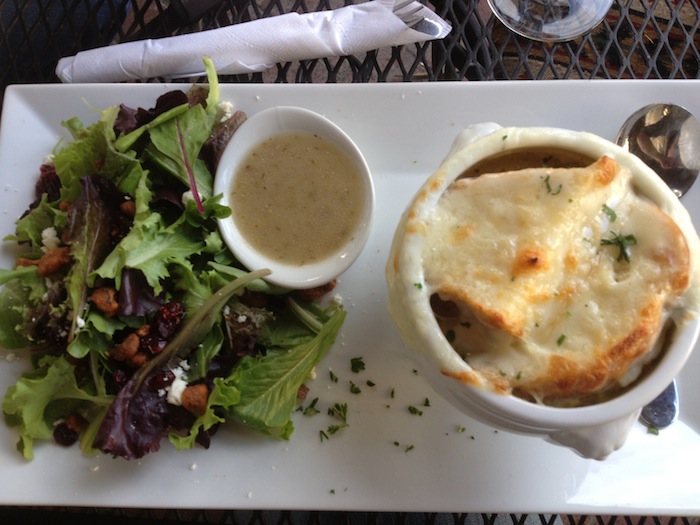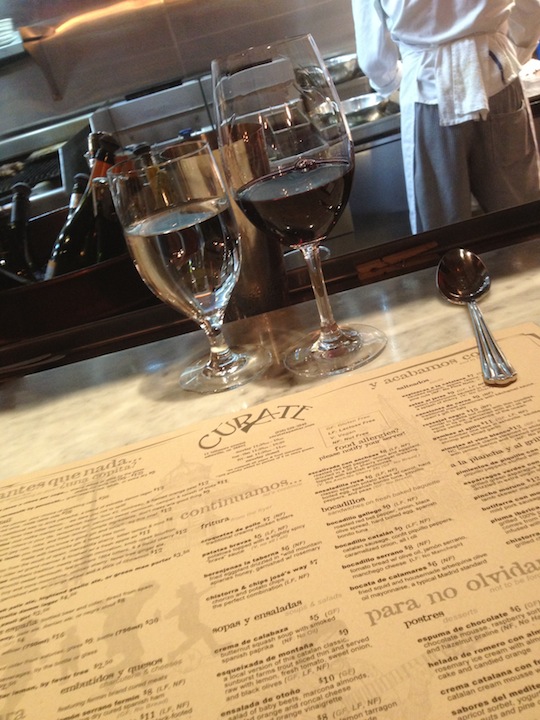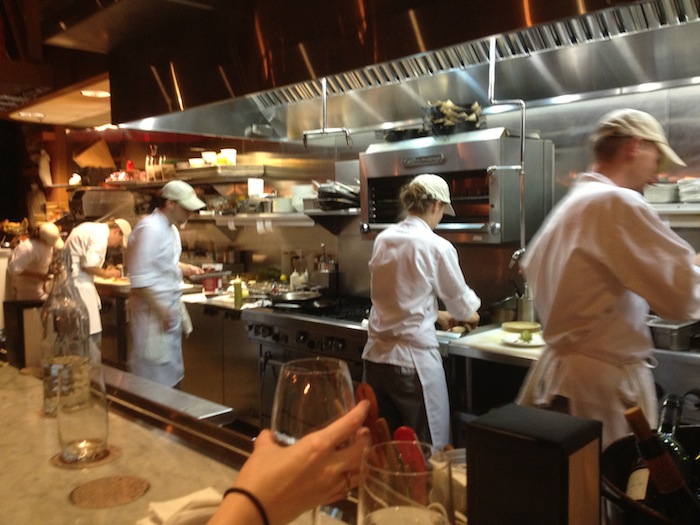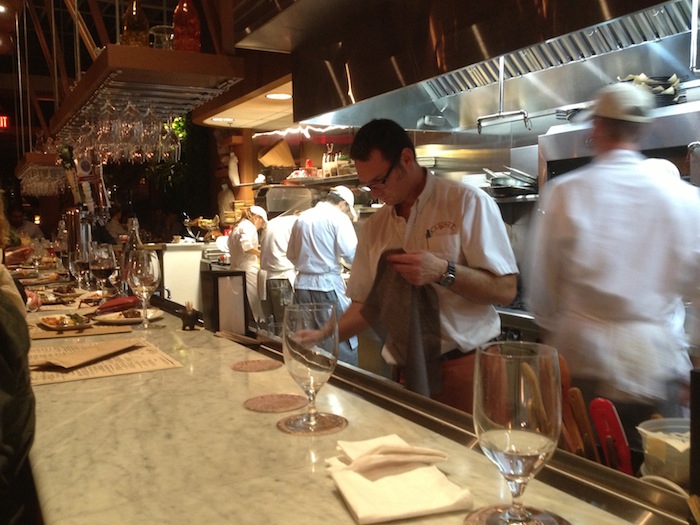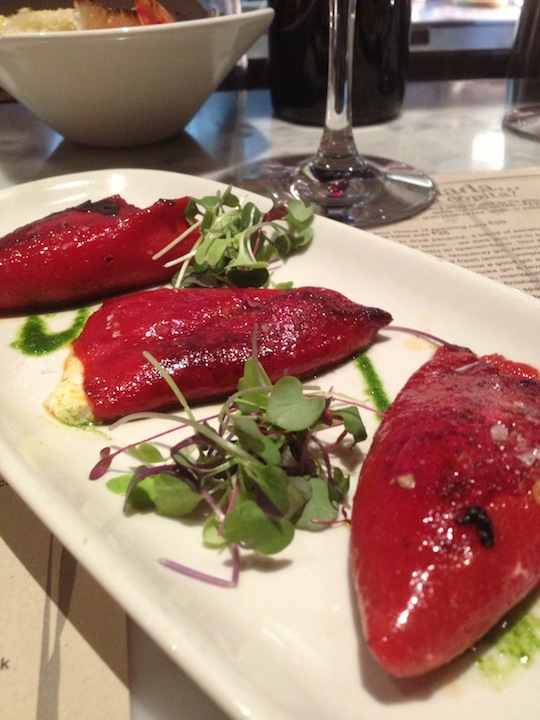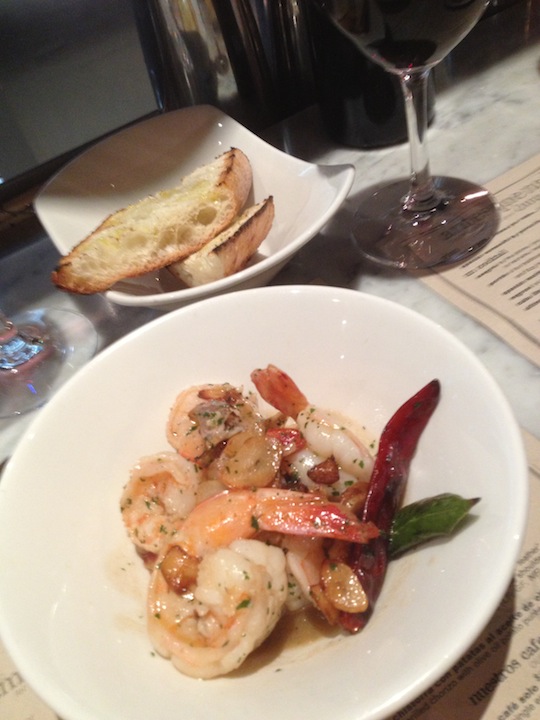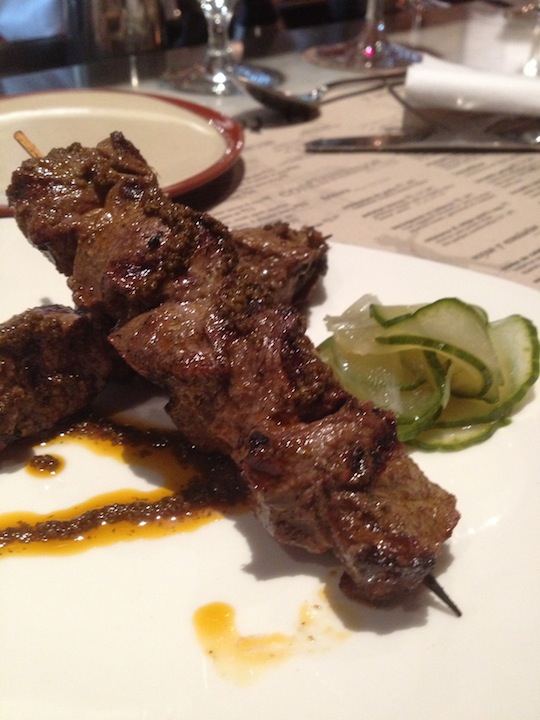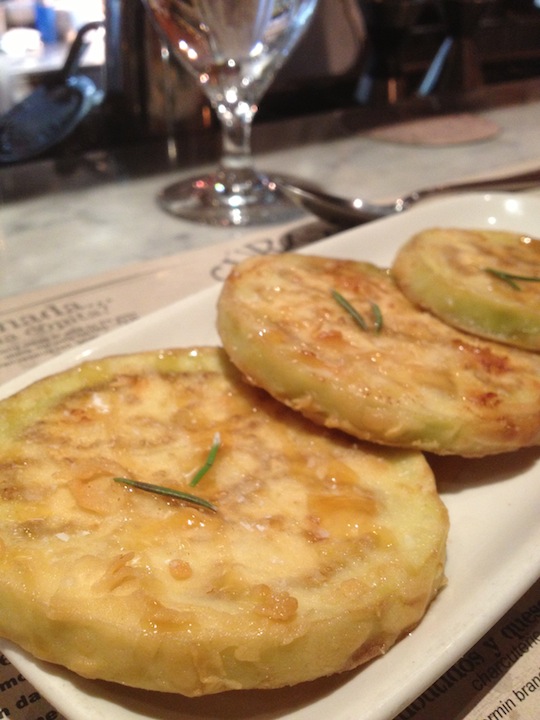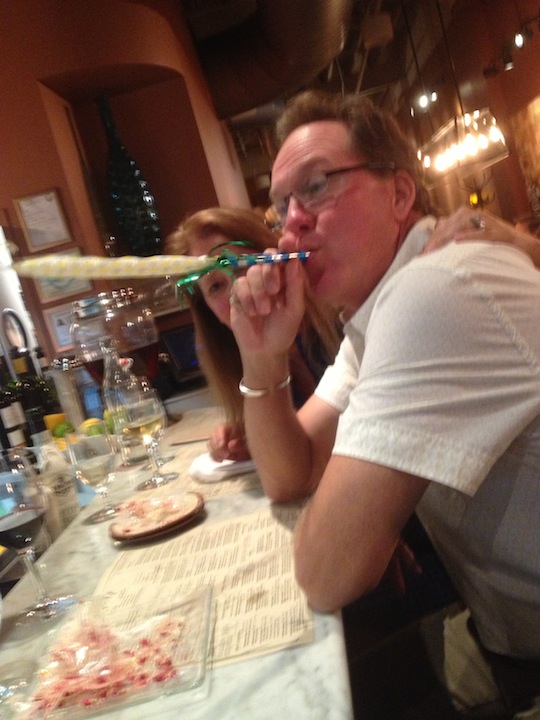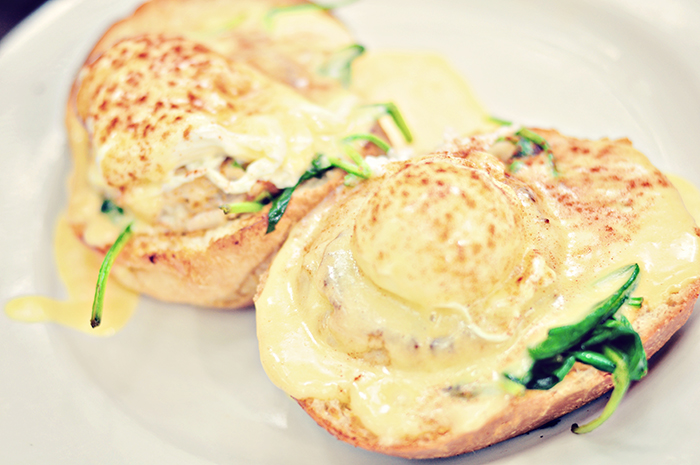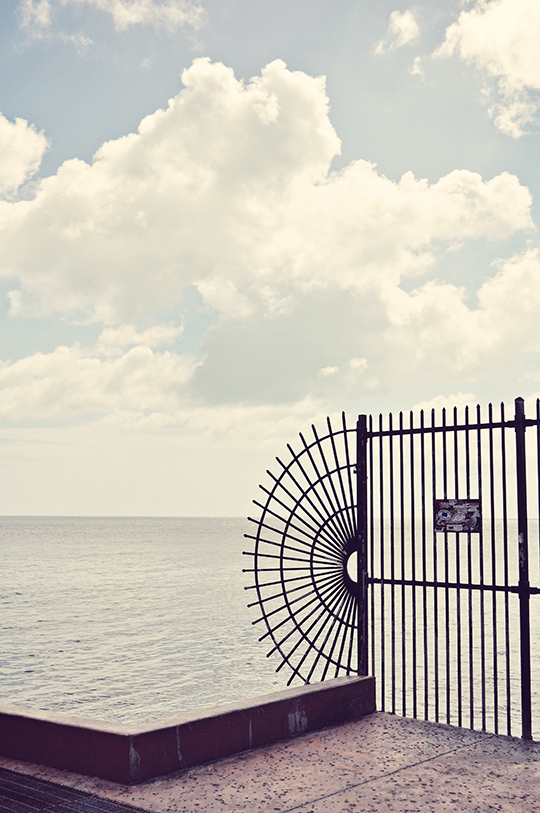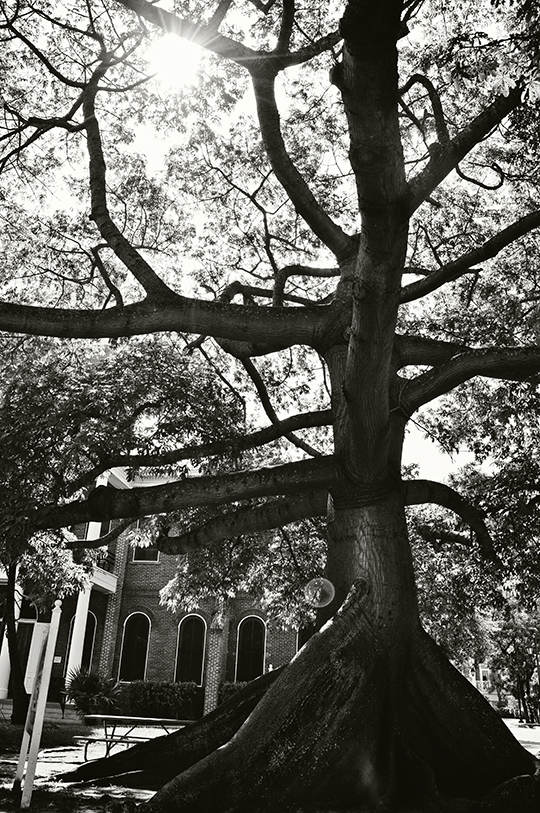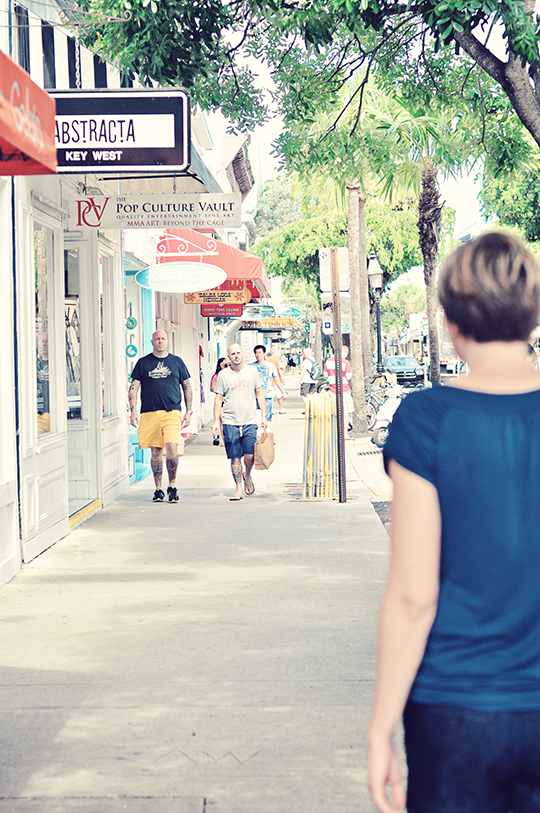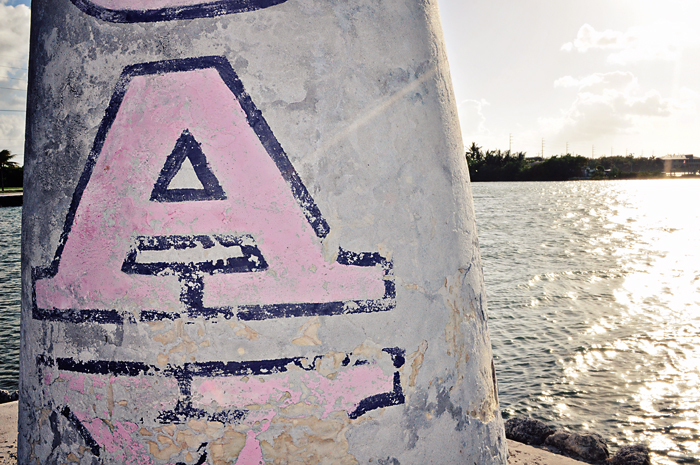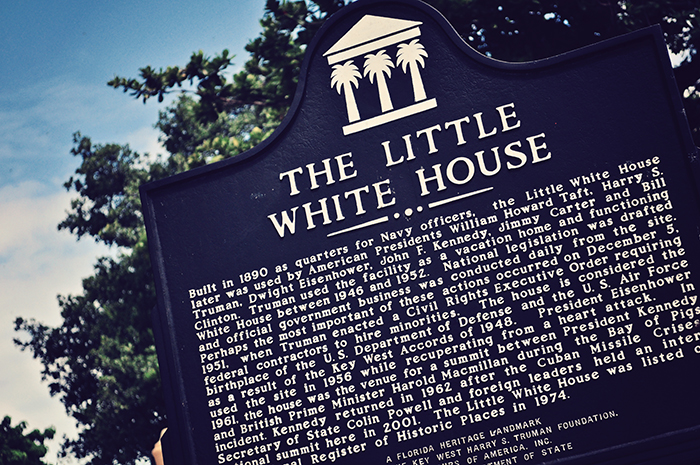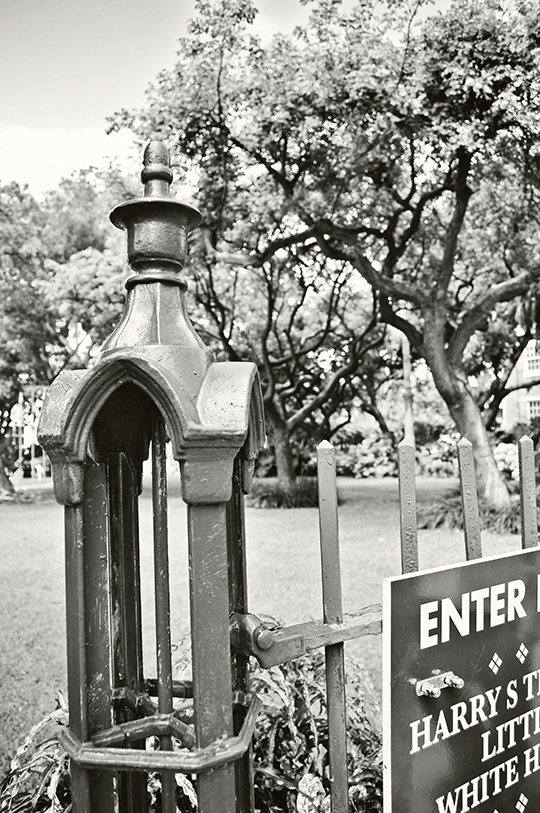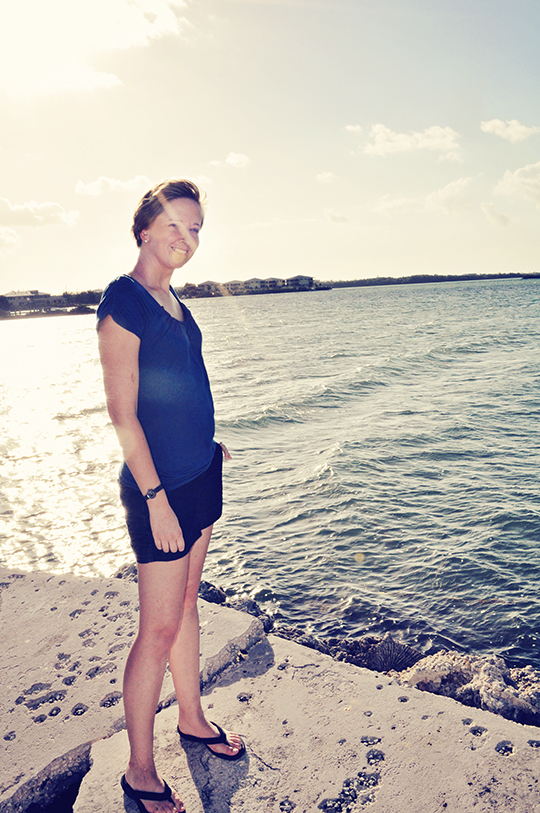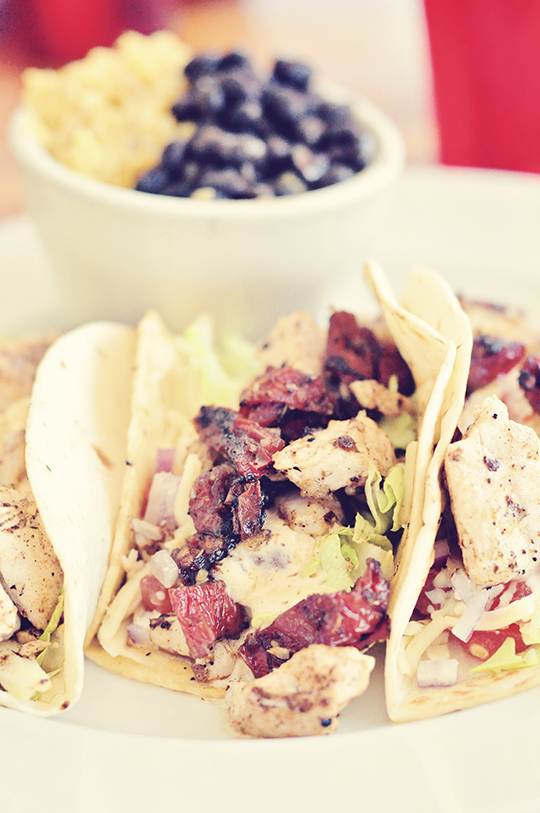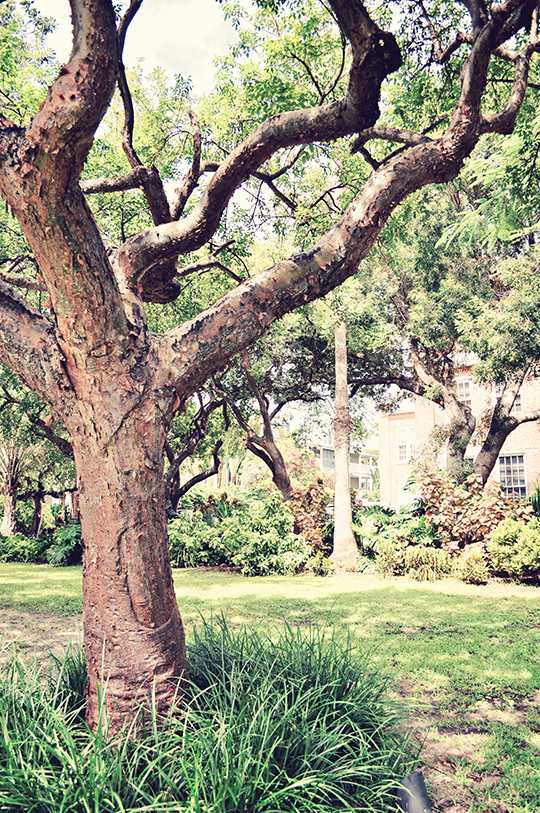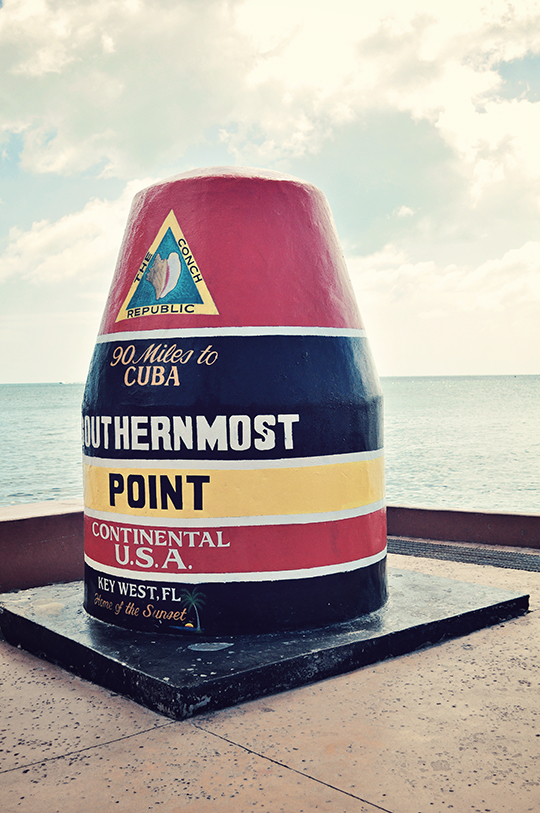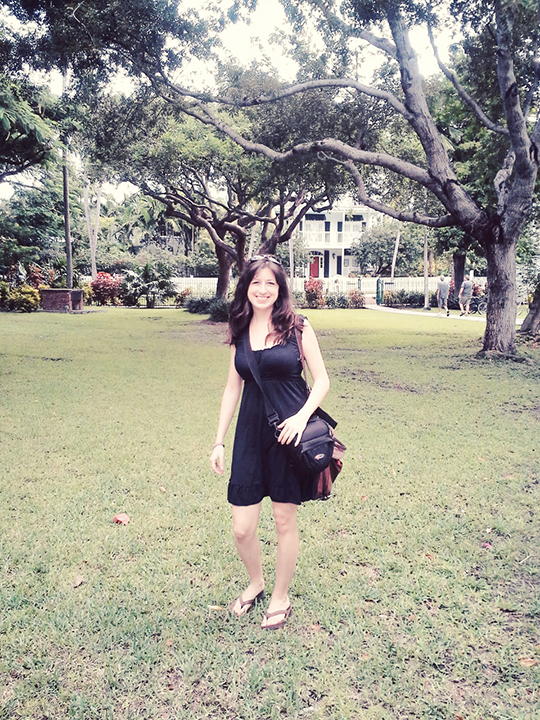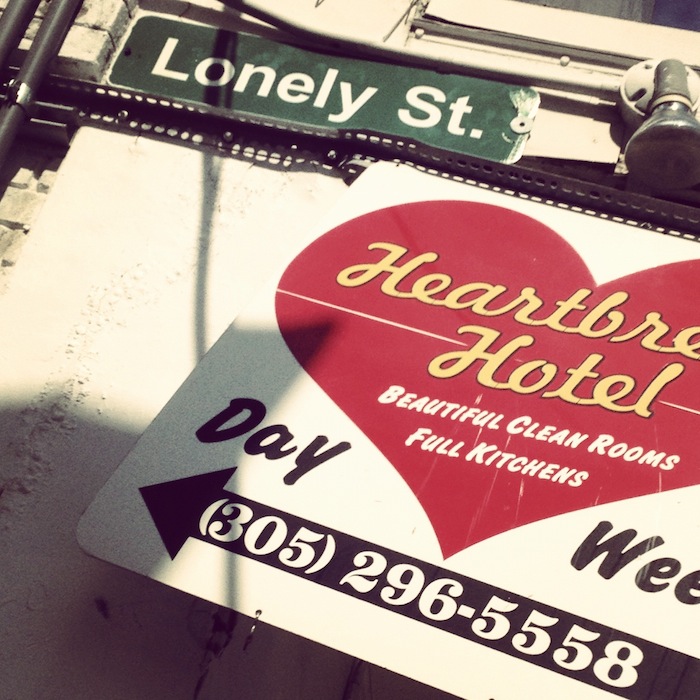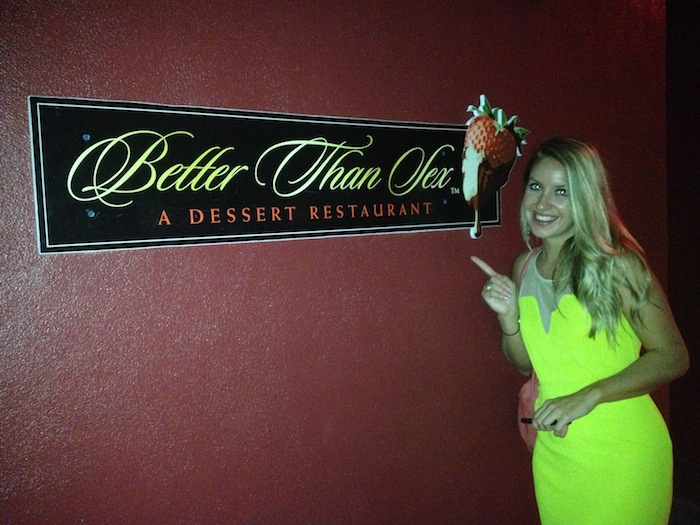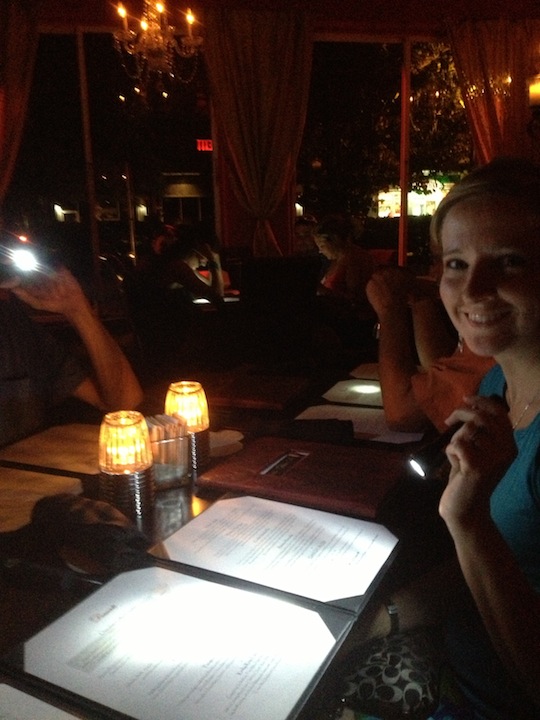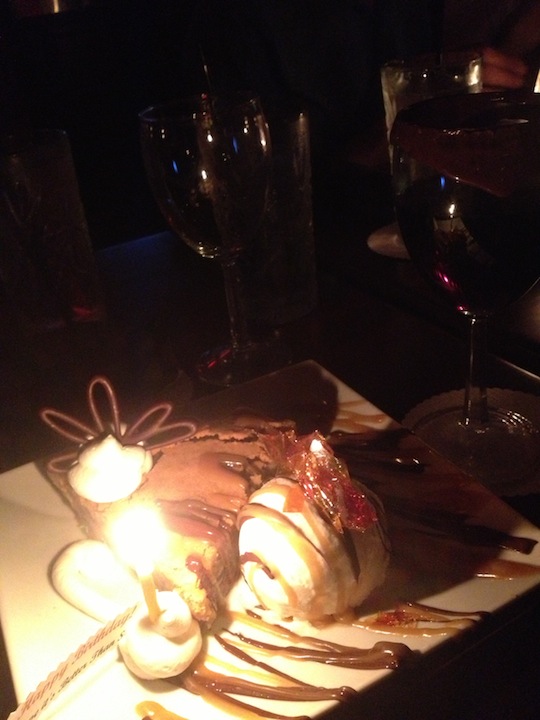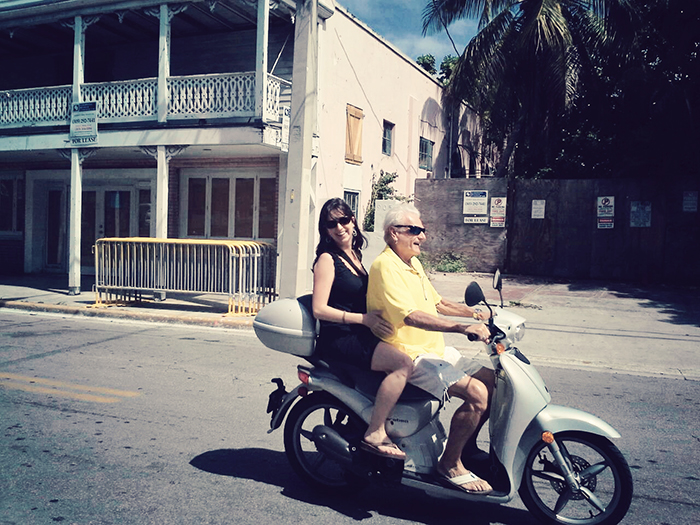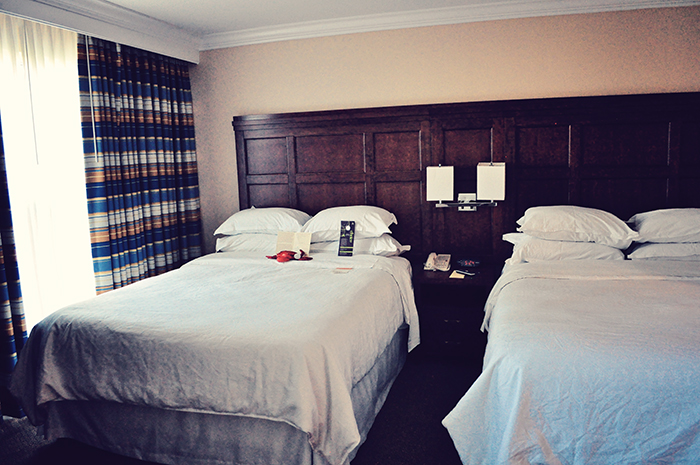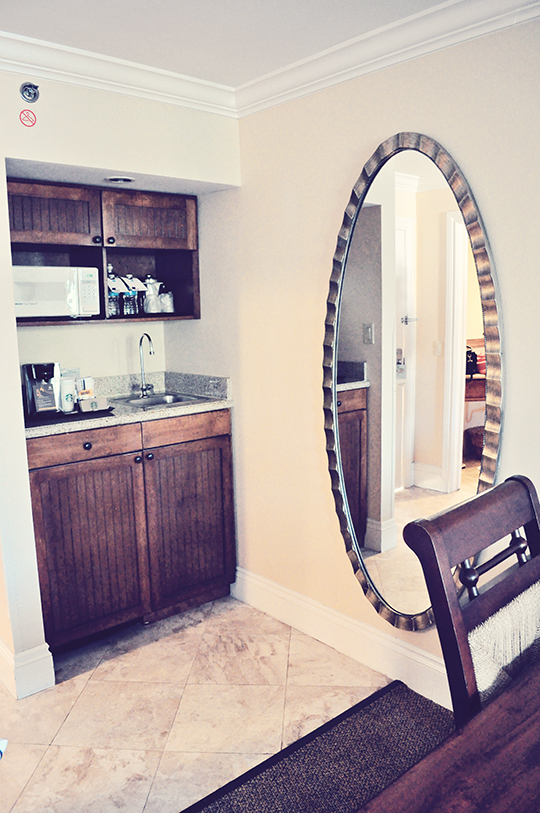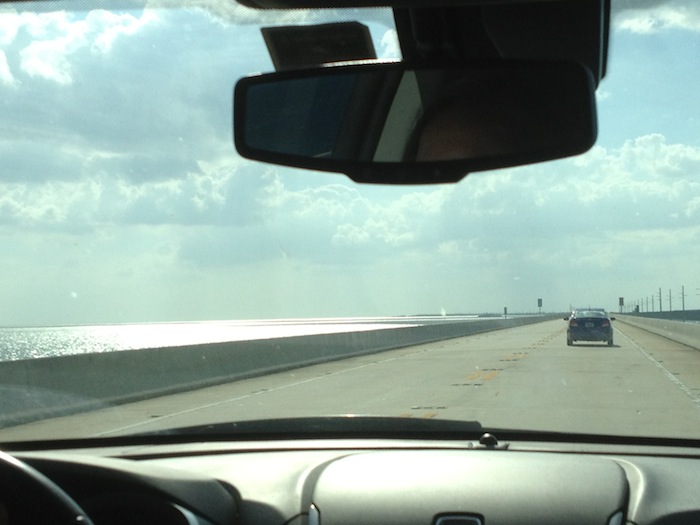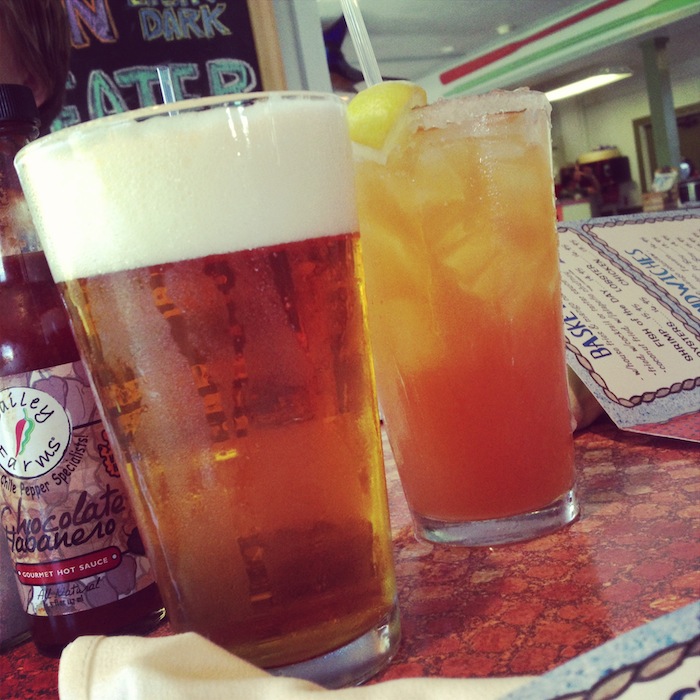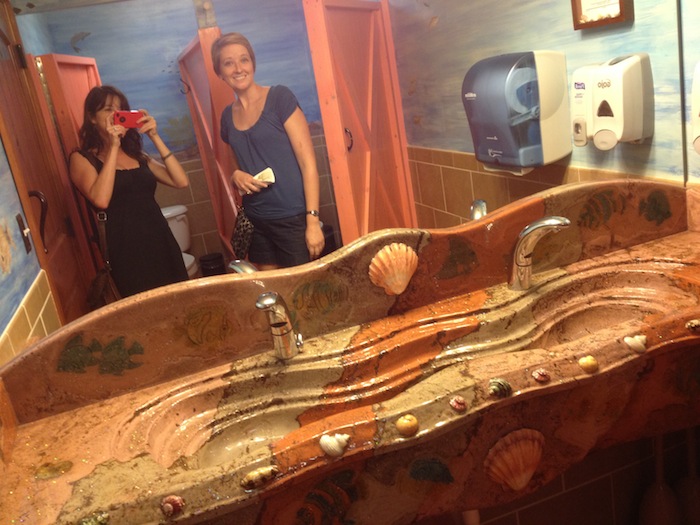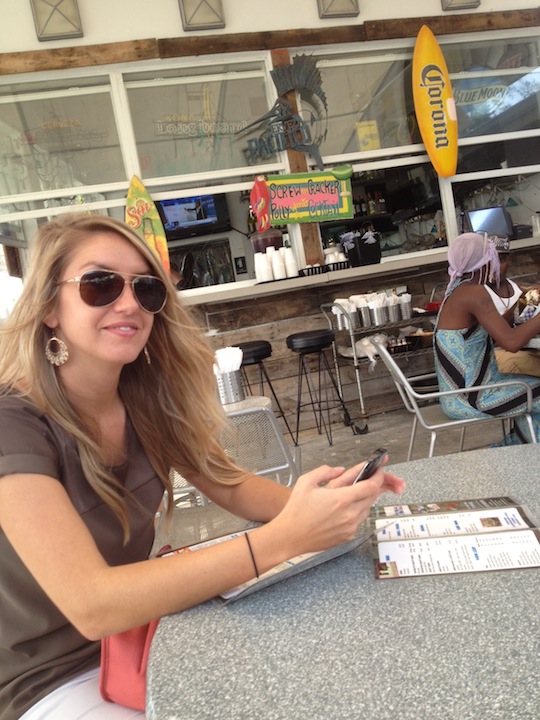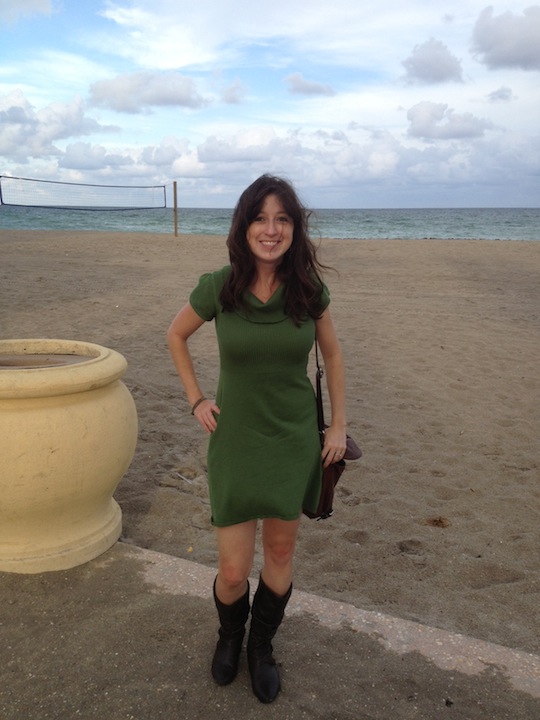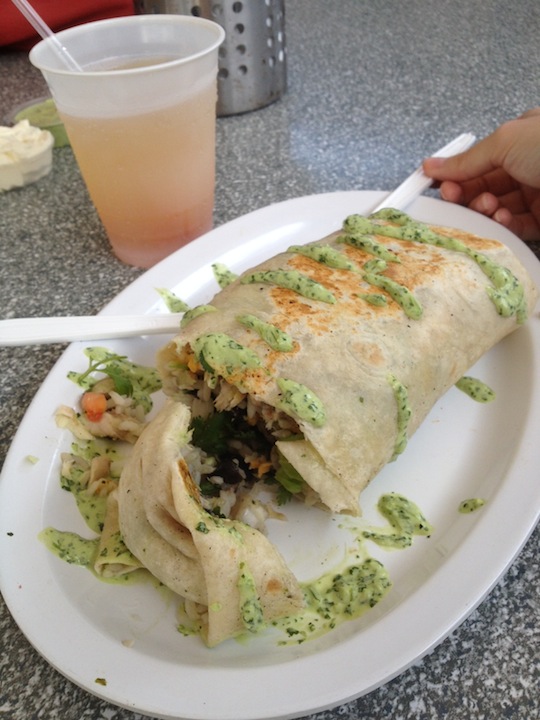My Peanut Story. (It’s Not You — It’s Definitely Me.)
“But that moment when I first hit the keys to spell out THE END was epochal. I remember rolling the last page out and adding it to the stack that was the finished manuscript. Nobody knew I was done. Nobody cared. But I knew. I felt like a dragon I’d been fighting all my life had just dropped dead at my feet and gasped out its last sulfuric breath.
Rest in peace, motherfucker.
Next morning I went over to Paul’s for coffee and told him I had finished. ‘Good for you,’ he said without looking up. ‘Start the next one today.'”
-Steven Pressfield, The War of Art (also author of The Legend of Bagger Vance)
I think it’s safe to say that over the past several years, I’ve been systematically working through a series of physical and mental exercises designed to fine-tune my focus on what it is I should be doing with myself.
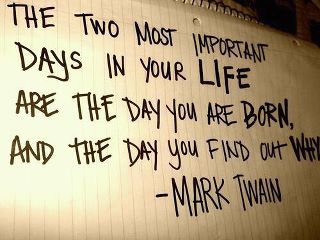
I think I’ve always known, but it’s odd. It’s odd how I’ve managed to avoid it for so long.
My friend Catherine from Simply Solo once wrote about Peanut Stories.
What?
Peanut stories. The term comes from a book she read, Plan B by Jonathan Tropper, in which a troubled adolescent girl can attribute the point her life took a negative turn to the time she was a toddler who nearly choked to death on a peanut she found on the floor. Apparently the scolding lectures from the doctors at the hospital were enough to render her mother incapable thereafter of any “real” parenting for fear she was inadequate and unfit in her role, so the girl started acting out as a deliberate-though-subconscious way of encouraging her mother to take notice.
It was her peanut story.
An exact point she can attribute to a changed path.
Of course, we all have them. Every major (and sometimes not so major) decision we make could potentially become a peanut story. Should I go to college? If so, which one? Should I steal this lipstick? Should I swallow this pill? Should I order the steak or the fish? Which one is less likely to cause a bout of food poisoning that will land me in the hospital for a week and cause me to lose my job and my house and become an embittered waitress at a Waffle House?
These things happen.
But really, I think the term “peanut story” should be reserved for the times when you are truly responsible for the choice that you made — for that imperceptible mental shift — the slightest click of an errant gear — that drives you to make the wrong decision. The choice that goes against your nature.
The choice that changes your nature.
I used to think my peanut story was the time I quit college. I was halfway through my sophomore year, fully immersing myself in the independent partying, experimenting, educational scene that encompasses a tiny liberal arts college in the midwestern hills, when I made the choice. After enduring daily phone calls with my 16-year-old sister who was caught in the midst of our parents’ divorce, I made the decision to pack up my Tracker and leave. I was too far away. She needed me.
And it’s true. Those moments – the tearful goodbyes with friends and professors, the haggling with financial aid advisors and dropout paperwork, the waiting for my dad to drive out with a trailer and help hit rewind on my life – were altering. They made me harder. Weary.
It was the moment I realized my parents were human.
But it’s not my peanut story.
I realize now that I was exactly myself when I made that decision. I know that although it altered the course of my life — ultimately leading to a month-long road trip around the western United States which birthed my love of travel, a first-hand account of the ugliness that can absorb two people who once said “I do,” the meeting of the man who would one day become my husband, and the eventual completion of the Bachelor of Science I don’t use today — it was a course that needed to be taken.
Rocky, potholed, and much, much harder than Botany 101.
But it had to be done.
It had to be lived.
And so that’s not my peanut story.
My peanut story is this:
Before I left college, the terribly expensive college my parents insisted I attend, my father and I struck a deal. He would pay for the debt I’d accrued the past year-and-a-half — a substantial amount despite my half-tuition merit scholarship — and I would be responsible for any educational debt I obtained thereafter. Fair enough. Life happened. Years passed. I moved home, worked, counseled, cajoled, parented, traveled, fixed watches, waited tables, rented a room in a tiny apartment, and otherwise floated on in a haze of directionless unattachment. I grew up and down. Became an adult before I was ready, responsible for things I shouldn’t have been responsible for, and relishing my lack of encumbrance for anything to do with my own personal development. I met Justin. He pulled me from the haze and moved me to Georgia. I made friends. I learned how to be in a relationship. I finished school. Married. Moved to North Carolina. Bought a house. The day I called my dad to tell him we were closing on our first home is the day he told me I was inheriting the sixty thousand dollars of debt — plus interest — he hadn’t actually been paying. It was my name, after all, on the loans. And the thing is, he’d paid for my wedding. So generously. The wedding I didn’t even need to get married. Not a word about his ability — or inability — to deal with this. Not a word until I was married, a home-owner, and a newfound contributor of a substantial amount of marital debt. My plans had been to write. We could afford the house on Justin’s income alone, and I would work part-time and write. But this? This required more.
I made the choice.
I knew it wasn’t my right choice. That it went against my nature. That it wasn’t what I wanted.
But a corporate job was what I needed.
It was my debt. My responsibility. And I couldn’t just leave it to Justin to foot the bill.
What I didn’t know was how it would end up affecting me. How it would affect my marriage. How it would turn me — the person who, until a couple of years into it, could absorb the manic-depressive phone calls from the people she loved. Who could deal with the fact that her future stepmother might be younger than her. Who could reflect the Lifetime movie plots of her life like so many little white ping-pong balls because, hey.
Doesn’t everyone have shit to deal with?
But the one thing that was MY decision. That thing I could help. That wrong choice I made to ignore my calling was like a moth in my clothes closet.
Holes, everywhere.
Right through my good humor. My high spirits. My easy laughter. My love.
Its flutter was so quiet — its wings so soft — I didn’t even know it was there.
But now I do. And I can assess the damage with an objective mind.
This thing was my fault. My doing. I knew it was wrong, but I did it anyway.
I have long-since forgiven my father and mother for the things that make them human. My mother for being depressed, and my father for not having the courage to tell me about his financial situation. They did so many things right when I was a kid. Their biggest mistake was being too selfless. They lost themselves trying to be who we needed them to be. I thank them for making me the woman I am today. And so I don’t tell these stories to drudge up bad feelings or anger or pity because neither of them has fully learned to heal inside.
I tell them because it helps me recognize that we all have a peanut story.
And the bitch about a peanut story is that there’s really only one antagonist.
And it’s not the person you want it to be.
It’s never the person you want it to be.
But knowing that — learning that — makes it possible to change.
To end this one.
To start the next.
This wasn’t an easy one to write. What’s yours?

